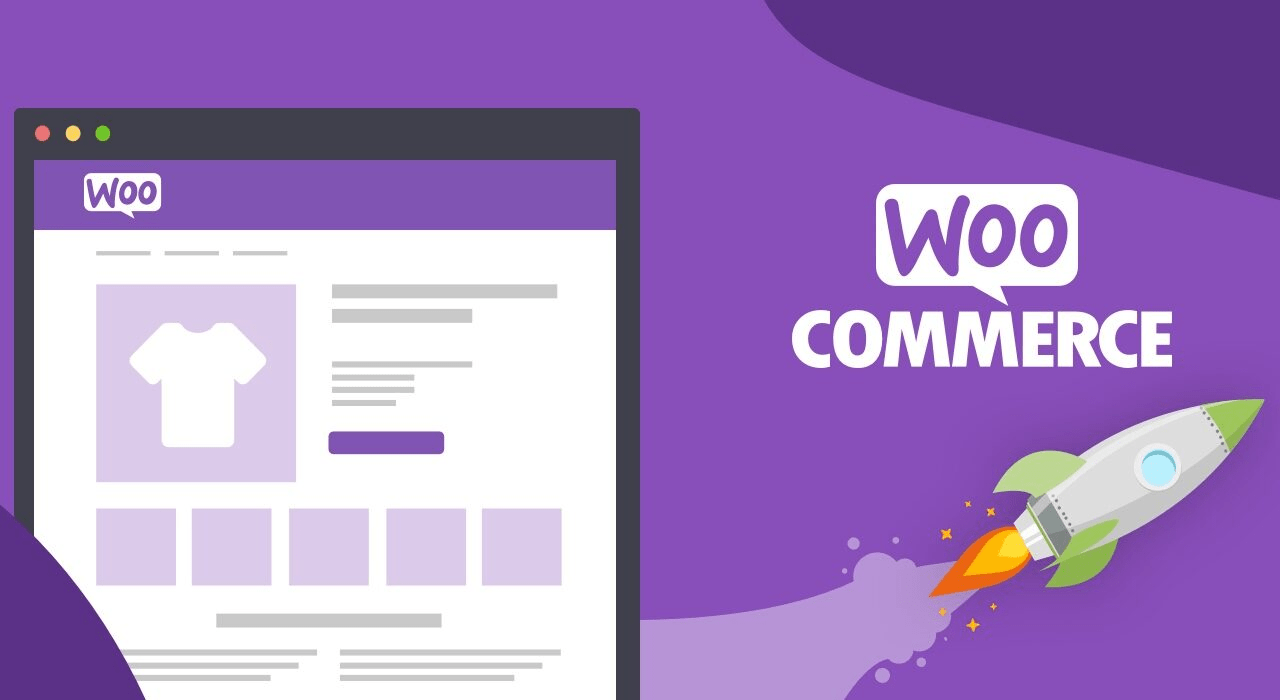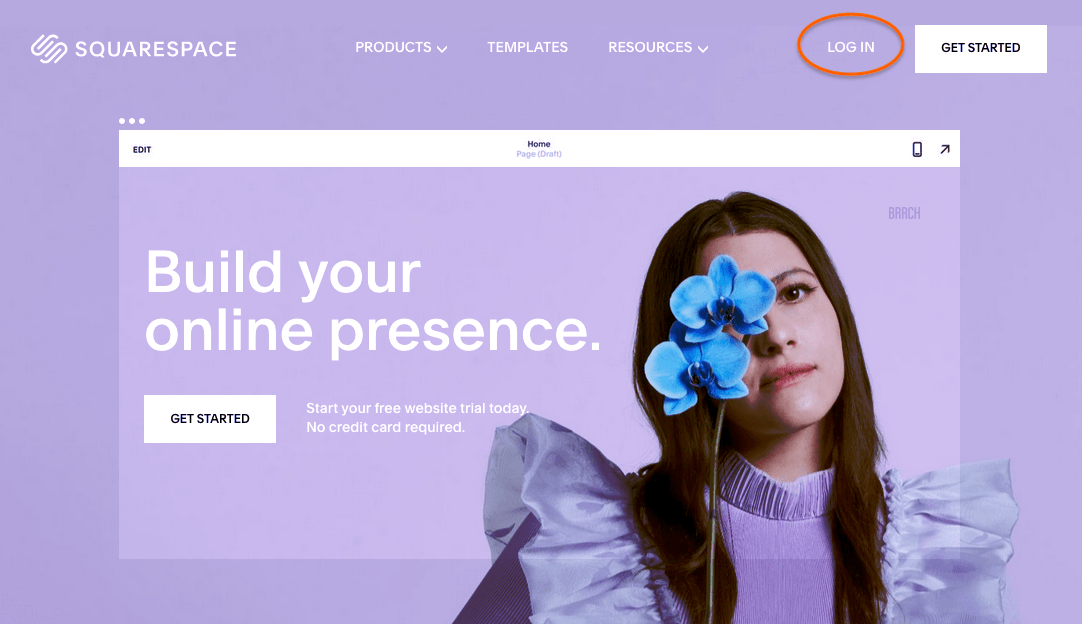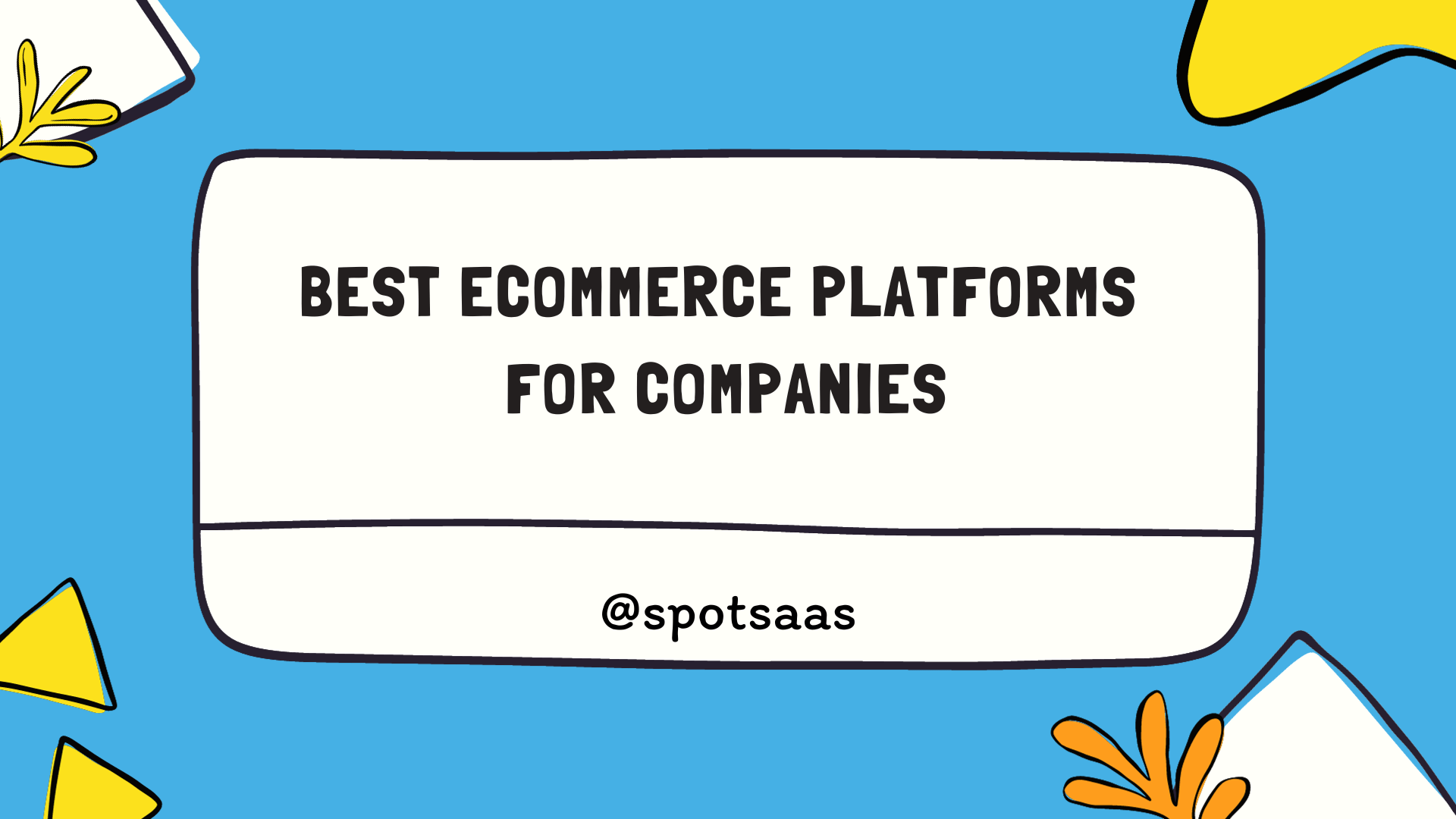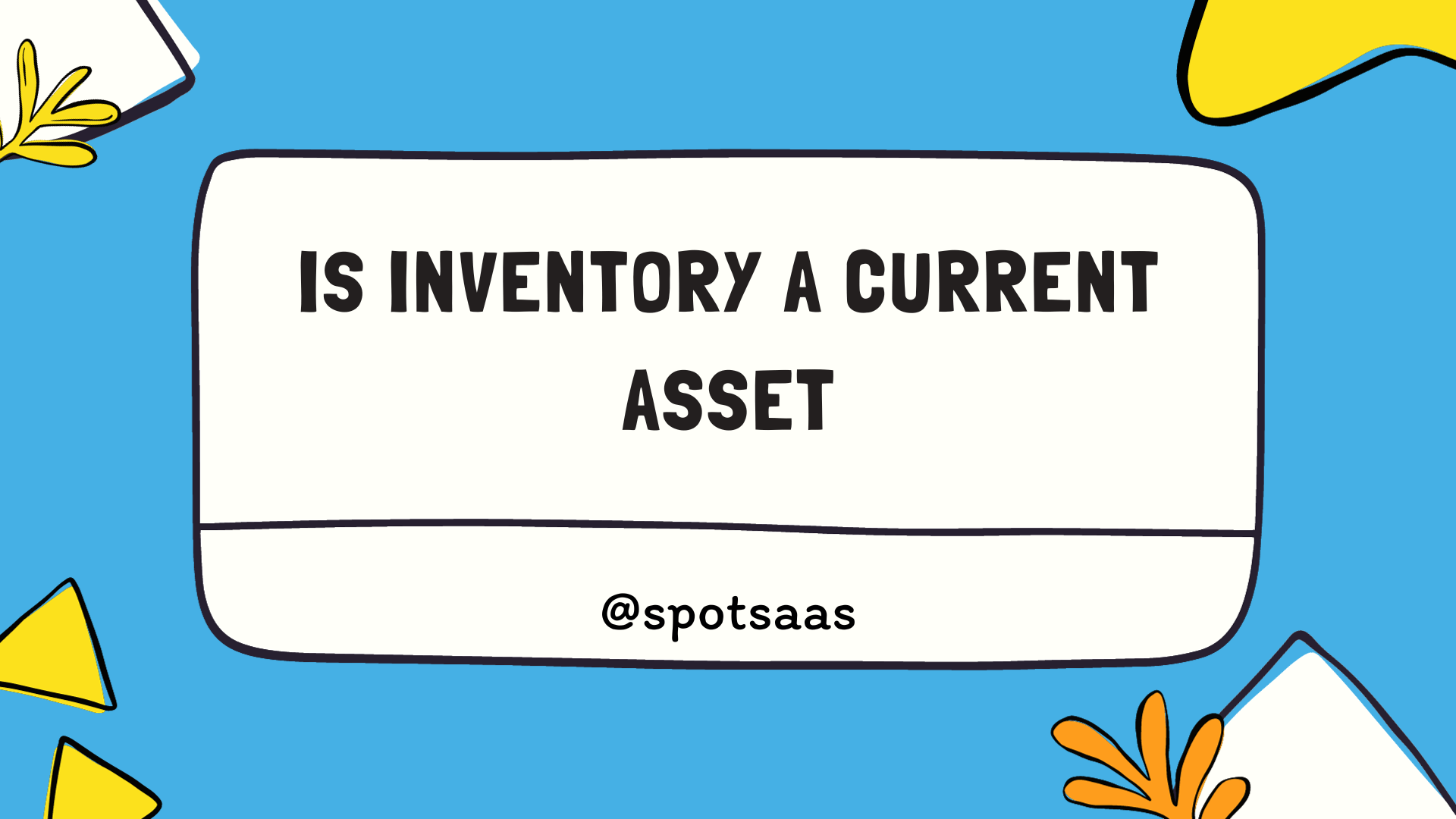Ever felt like you’re grappling with unravelling the puzzle of finding an efficient platform to sell your products online? You’re not alone in this. A little research tells us that Shopify Plus, Wix and Salesforce Commerce Cloud are leading the charge as top SaaS e-commerce platforms.
This blog post is your handy guide through some of the best SaaS platforms for E-commerce companies assisting you to pick one that aligns seamlessly with your business needs.
Key Takeaways
- Shopify, WooCommerce, Squarespace, Magento Commerce, and Volusion are some of the top SaaS eCommerce platforms for selling online.
- These platforms offer simplified operations, cost-effective solutions, on-demand scalability, enhanced customer experiences, and integrated features.
- Businesses can easily create and manage their online stores with user-friendly interfaces and customizable templates.
- Integrated features such as inventory management, order tracking, payment processing, marketing tools, and analytics contribute to a seamless online selling experience.
What is a SaaS eCommerce Platform?
A SaaS eCommerce platform is a cloud-based system that enables retailers to manage their online businesses seamlessly. It provides everything needed for selling products or services on the Internet with ease.
These platforms have gained popularity due to their accessibility, scalability, and affordability. They are distinctively known for simplifying complex business processes like inventory management, customer relationships, sales tracking, and much more.
Instead of acquiring hardware infrastructure or software applications physically, one can subscribe to these services from a provider who handles all the technical aspects. I’m talking about software updates and maintenance here! Users only need an internet connection to access this suite of tools designed specifically for running an online store efficiently.
This is precisely why SaaS eCommerce solutions are often referred to as ‘All-in-one’ platforms; they offer countless built-in features essential for your online business right at your fingertips.
Benefits of SaaS eCommerce Platforms
SaaS eCommerce platforms offer simplified operations, cost-effective solutions, on-demand scalability, enhanced customer experiences, and integrated features.
Simplified operations
SaaS eCommerce platforms excel at simplifying operations. They take complex tasks and make them manageable even for those who may not be technically inclined. For instance, creating an online store can be daunting with all its technical aspects – setting up product listings, managing payments and orders, and implementing security measures.
But with a SaaS platform like Shopify or Wix, these processes become much easier.
Not only do they provide ready-to-use templates for your site but also offer easy drag-and-drop features for customization. The interface is user-friendly ensuring you don’t need to stress over the intricacies of web design or coding algorithms.
With simplified operations in place via SaaS e-commerce solutions, businesses should find it more efficient to manage their digital storefronts without needing advanced tech skills.

Cost-effective solution
Switching to a SaaS eCommerce platform can save your business money in several ways. First, these services are typically subscription-based, meaning you pay a predictable monthly fee instead of large upfront costs for hardware and software.
Plus, since the platforms are cloud-based, there’s no need for expensive IT infrastructure or team members to manage it. Also, SaaS eCommerce solutions often include updates and new features in their packages at no extra cost.
This way, your online store always stays current without the need for additional investment in upgrades or enhancements. Ultimately, a well-chosen SaaS eCommerce platform not only boosts online sales but also reduces operational expenses over time – making it truly a cost-effective solution!
On-demand scalability
SaaS eCommerce platforms offer on-demand scalability, allowing businesses to easily adjust their online selling capabilities based on their needs. This means that as your business grows and requires more resources to handle increased traffic or inventory, the platform can seamlessly accommodate those changes.
With on-demand scalability, you won’t have to worry about outgrowing your platform or facing limitations that hinder your growth potential. You can confidently manage high-volume sales periods without experiencing any downtime or performance issues.
The ability to scale up or down quickly and effortlessly is a valuable feature of SaaS eCommerce platforms that ensures your online store can keep up with the demands of your growing business.
Enhanced customer experience
SaaS ecommerce platforms are designed to enhance the customer experience by providing a seamless online shopping journey. These platforms offer user-friendly interfaces, easy navigation, and personalized shopping experiences that cater to individual customer preferences.
With integrated features like product recommendations, reviews and ratings, and multiple payment options, SaaS ecommerce platforms ensure a convenient and hassle-free buying process for customers.
Additionally, these platforms allow businesses to provide excellent customer service through quick response times, order tracking capabilities, and efficient resolution of any concerns or queries.

Integrated features
SaaS ecommerce platforms come with a range of integrated features that can enhance the functionality and performance of online stores. These features include tools for inventory management, order tracking, and payment processing, making it easier for businesses to manage their operations efficiently.
Additionally, SaaS platforms often offer built-in marketing and promotional tools to help boost sales and attract customers. With analytics and reporting capabilities, businesses can gain valuable insights into their sales performance and make data-driven decisions.
The integrated features provided by SaaS ecommerce platforms contribute to a seamless and streamlined online selling experience.
When businesses choose a SaaS ecommerce platform, they gain access to a wide array of integrated features that simplify store management tasks. From product catalogue customization to customer relationship management tools, these features allow businesses to create an engaging digital storefront tailored to their brand.
Integrated payment gateways ensure secure transactions while shipping integrations facilitate smooth order fulfillment processes. Furthermore, many SaaS platforms provide app marketplaces where businesses can find additional plugins or extensions to further enhance their online stores’ functionalities.
Top SaaS eCommerce Platforms for Online Business
Here are some of the top SaaS eCommerce platforms for online business that can help you boost your online sales:
Shopify
Shopify is one of the most popular SaaS ecommerce platforms available today. It offers all-in-one solutions for online businesses, making it easy to create and manage an online store.
With Shopify, you can customize your storefront, add products, and process payments seamlessly. The platform also provides a range of helpful features such as inventory management, marketing tools, and analytics for valuable insights into your business performance.
Whether you’re just starting out or looking to scale up your online sales, Shopify has the tools and resources to support your success.

WooCommerce
WooCommerce is a popular SaaS eCommerce platform that offers a range of features to create and manage online stores effectively. It provides businesses with the tools they need to boost their online sales and enhance the overall customer experience.
With WooCommerce, businesses can easily customize their digital storefronts, allowing them to showcase their products in a visually appealing way. The platform also provides promotional and marketing tools, such as discounts and coupons, to drive sales and attract customers.
Additionally, WooCommerce offers analytics and reporting features that provide valuable insights into business performance. This allows businesses to make data-driven decisions and optimize their online selling process.

Squarespace
Squarespace is a popular SaaS eCommerce platform that offers a range of features to help businesses create and manage their online stores effectively. With its user-friendly interface and customizable templates, Squarespace makes it easy for entrepreneurs to build professional-looking websites without any coding skills.
One of the advantages of choosing Squarespace is its integrated features, including built-in SEO tools, blogging capabilities, and social media integration. Businesses can also take advantage of Squarespace’s robust analytics and reporting features to gain valuable insights into their online sales performance.
Additionally, Squarespace provides responsive customer support to assist users with any technical issues they may encounter along the way.

Magento Commerce
Magento Commerce is a top SaaS eCommerce platform that offers comprehensive solutions for online businesses. With its user-friendly interface and customizable features, Magento Commerce enables businesses to easily create and manage their online stores.
This platform provides powerful promotional and marketing tools to drive sales, as well as analytics and reporting functionalities for valuable insights into customer behaviour. With Magento Commerce, businesses can streamline their online selling process and enhance the overall customer experience.
It is a reliable option for those looking for an end-to-end SaaS eCommerce solution that caters to their specific business needs.
Volusion
Volusion is another top SaaS eCommerce platform that offers a comprehensive solution for online businesses. With Volusion, you can easily create and manage your online store without the need for technical expertise.
It provides a range of powerful features, including customizable templates, secure payment gateways, inventory management tools, and built-in marketing capabilities. Volusion also offers responsive customer support to ensure you have the assistance you need along the way.
Whether you’re just starting out or looking to scale your online business, Volusion is a reliable platform that can help boost your sales and create an effective digital storefront.
Wix
Wix is a popular SaaS eCommerce platform that offers an all-in-one solution for online businesses. With Wix, you can easily create and customize your online store to suit your brand’s unique style.
It provides a user-friendly interface and drag-and-drop features that make it easy for anyone to build their digital storefront. Wix also offers a range of integrated features such as payment gateways, inventory management, and marketing tools to help drive sales and enhance customer experience.
Plus, with its cloud-based software and subscription-based pricing model, Wix makes it cost-effective for businesses of any size to get started with their online selling journey.
How to Choose the Right SaaS eCommerce Platform
When deciding on the best SaaS eCommerce platform for your online business, it’s crucial to consider your specific needs, evaluate features and pricing, and ensure scalability and customer support.
Choosing the right platform can make all the difference in boosting your online sales. Read on to learn more!
Consider your business needs
To choose the right SaaS eCommerce platform for your online business, it’s important to consider your specific business needs. Think about the size and scope of your operation, as well as the type of products or services you offer.
Assess whether you need a platform that focuses on scalability and growth, or if ease of use and customization are more important to you. By understanding what your business requires, you can narrow down your options and select a SaaS eCommerce platform that aligns with your goals and objectives.
Evaluate features and pricing
When choosing the right SaaS eCommerce platform, it’s crucial to evaluate the features and pricing of different offerings. This requires a comparison of functionalities such as shopping cart features, payment gateway integration, user interface, marketing tools, and customer support. Pricing is another factor to consider, as it can vary depending on the features provided.
| Platform | Key Features | Pricing |
|---|---|---|
| Shopify | All-in-one solution including payment gateway integration, marketing tools, and strong customer support | Offers various plans with different pricing models, thus accommodating businesses of all sizes |
| WooCommerce | Offers numerous plugins and themes, giving users full control over the appearance and functionality of their online stores | While the basic platform is free, premium features and plugins come at a cost |
| Squarespace | Known for design-oriented platform, offers customizable templates and integrated SEO features | Offers various pricing tiers, with each tier offering more features |
| Magento Commerce | Robust platform offering a broad range of features including marketing, SEO, and catalog-management tools | Offers various pricing options depending on business needs and size |
| Volusion | Provides a comprehensive set of marketing tools and analytics, along with a user-friendly interface | Offers a variety of pricing plans, each offering different levels of features |
| Wix | Offers ease of use with its drag-and-drop interface, integrated SEO tools, and numerous design templates | Offers different subscription plans depending on the user’s needs |
This comparative analysis helps in understanding what each platform offers and at what cost, making it easier for you to choose the one that suits your business needs and budget.
Look for scalability and customer support
When choosing the right SaaS eCommerce platform for your online business, it’s important to consider scalability and customer support. Scalability refers to the platform’s ability to accommodate growth as your business expands.
Look for a platform that can handle increased traffic, sales volume, and product offerings without compromising performance. Additionally, prioritize platforms that offer reliable customer support.
This ensures that you have assistance whenever you encounter technical issues or need guidance in utilizing the platform’s features effectively. A responsive and knowledgeable support team can make a significant difference in ensuring smooth operations and maximizing the potential of your online store.
Conclusion
In conclusion, SaaS eCommerce platforms offer a range of benefits for businesses looking to sell online. With simplified operations, cost-effective solutions, and on-demand scalability, these platforms provide an easy and effective way to boost online sales.
By choosing the right SaaS eCommerce platform that aligns with your business needs and offers integrated features, you can create and manage your online store with ease while enhancing the overall customer experience.
Frequently Asked Questions
What is a SaaS platform for selling online?
A SaaS platform for selling online is a software-as-a-service solution that provides businesses with the tools and infrastructure needed to sell products or services over the Internet.
How do I choose the best SaaS platform for selling online?
To choose the best SaaS platform for selling online, consider factors such as your budget, desired features (e.g., inventory management, payment processing), ease of use, scalability, and customer support.
Can I integrate a SaaS platform with my existing website?
Yes, many SaaS platforms offer integration options to seamlessly connect with your existing website or content management system (CMS).
Are there any upfront costs associated with using a SaaS platform for selling online?
Some SaaS platforms may have setup fees or require you to pay an initial deposit, while others operate on subscription-based pricing models without any upfront costs. It’s important to research and compare different platforms’ pricing structures.
Can I customize the appearance of my online store on a SaaS platform?
Yes, most SaaS platforms allow you to customize the appearance of your online store by selecting templates or themes, adding branding elements like logos and colors, and modifying layout options.




